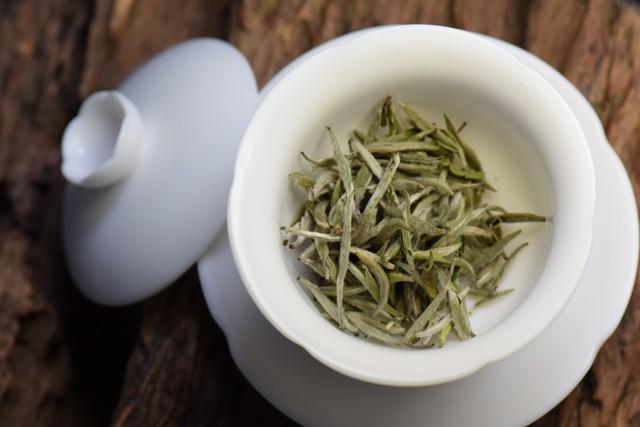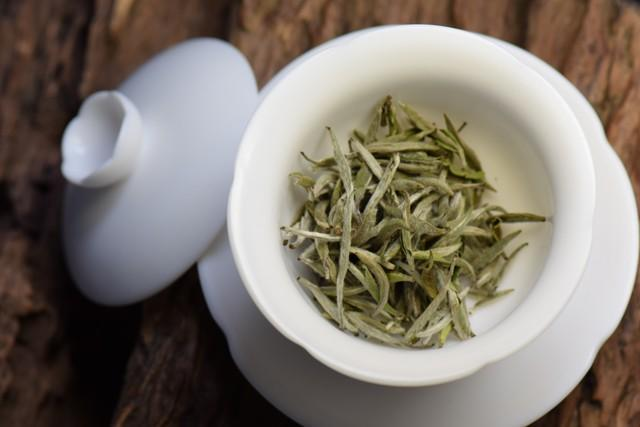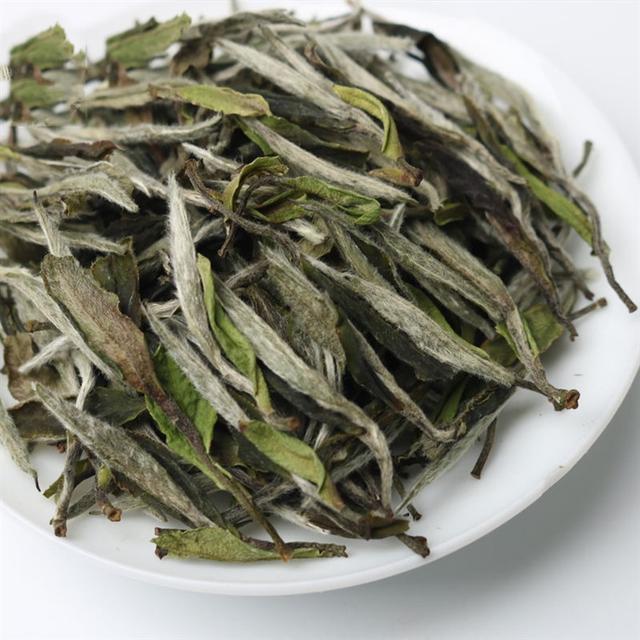White tea, a minimally processed tea prized for its delicate flavor and antioxidants, offers unique health benefits but may pose risks in certain scenarios. Below are key considerations:

1. Caffeine Sensitivity
While lower in caffeine than black tea (≈15-30 mg per cup), white tea may still cause:
- Mild insomnia, restlessness, or anxiety in sensitive individuals.
- Elevated heart rate or blood pressure in hyper-responders.
Advice: Limit to 4-5 cups daily or opt for caffeine-free herbal blends.
2. Gastrointestinal Irritation
- Acidic Content: White tea’s natural acidity may exacerbate acid reflux or GERD symptoms.
- Tannins: While lower than black tea, tannins can still irritate the gut lining, especially when consumed on an empty stomach.
Recommendation: Drink after meals or pair with food.
3. Drug Interactions
White tea’s antioxidants (e.g., catechins) and caffeine may interact with:
- Blood Thinners (Warfarin): Increases bleeding risk.
- Antibiotics (Tetracycline): Reduces drug absorption.
- Benzodiazepines (Anxiety Medications): Amplifies sedation.
Critical: Consult healthcare providers before combining with medications.
4. Fluoride Concerns
White tea leaves naturally accumulate fluoride. Excessive intake (>10 mg/day) may lead to:
- Dental fluorosis (white spots on teeth) in children.
- Skeletal fluorosis (bone/joint pain) in adults with prolonged high consumption.
Caution: Monitor intake if using fluoridated water or supplements.
5. Pregnancy and Lactation
- Pregnant Women: Caffeine limits advised (<200 mg/day). White tea’s lower caffeine makes it a safer choice in moderation.
- Breastfeeding Mothers: Caffeine transfers to breast milk; limit to 3 cups daily to avoid infant irritability.
6. Heavy Metal Residues
Older white teas (e.g., aged varieties) may contain lead or cadmium from soil contamination.
Mitigation: Source from reputable organic growers or rinse leaves before steeping.
7. Allergies
Rare cases of allergic reactions to tea proteins or mold byproducts (in poorly stored teas). Symptoms include hives or respiratory distress.
8. Overconsumption Risks
- Caffeine Dependency: Habitual high intake may lead to withdrawal symptoms (headaches, fatigue).
- Nutrient Depletion: Tannins may hinder absorption of iron, folate, and B vitamins.
9. Children and Adolescents
Limit caffeine intake due to lower body weight. Excessive consumption may disrupt sleep or behavior.
10. High-Temperature Brewing
Steeping at >90°C (194°F) extracts more caffeine and tannins, increasing bitterness and irritation risk.
Optimal: Brew at 80-85°C (176-185°F) for 2-3 minutes.
11. Liver Conditions
While white tea aids liver health in moderation, overconsumption (5+ cups/day) may strain hepatic function in those with pre-existing disease.
Final Recommendations
- Moderation: 4-5 cups daily (≈60-150 mg caffeine).
- Timing: Avoid late-day consumption to prevent sleep disturbances.
- Quality Control: Choose organic, loose-leaf teas to minimize contaminants.
- Consult Professionals: Discuss with doctors if managing chronic conditions or medications.
By enjoying white tea mindfully, you can balance its wellness benefits with prudent precautions. 🍵✨



